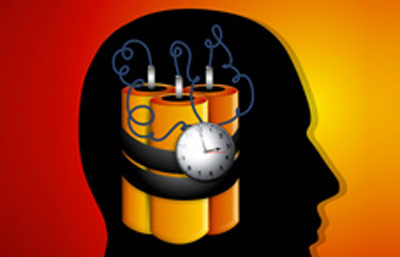By Michael Price, Monitor Staff
January 2011, Vol 42, No. 1
 Millions of American workers fight against their circadian clocks every day, putting them—and others in their paths—in danger. Psychologists are looking for solutions.
Millions of American workers fight against their circadian clocks every day, putting them—and others in their paths—in danger. Psychologists are looking for solutions.
Nearly 15 million Americans work a permanent night shift or regularly rotate in and out of night shifts, according to the Bureau of Labor Statistics. That means a significant sector of the nation’s work force is exposed to the hazards of working nights, which include restlessness, sleepiness on the job, fatigue, decreased attention and disruption of the body’s metabolic process.
Those effects extend beyond the workers themselves, as many of us share the road with night-driving truckers, count on the precision of emergency-room workers and rely on the protection of police and national security personnel at all hours.
Now, psychologists are gaining a better understanding of how exactly night and shift work affect cognitive performance and which interventions and policies could keep shift workers and the public safer.
